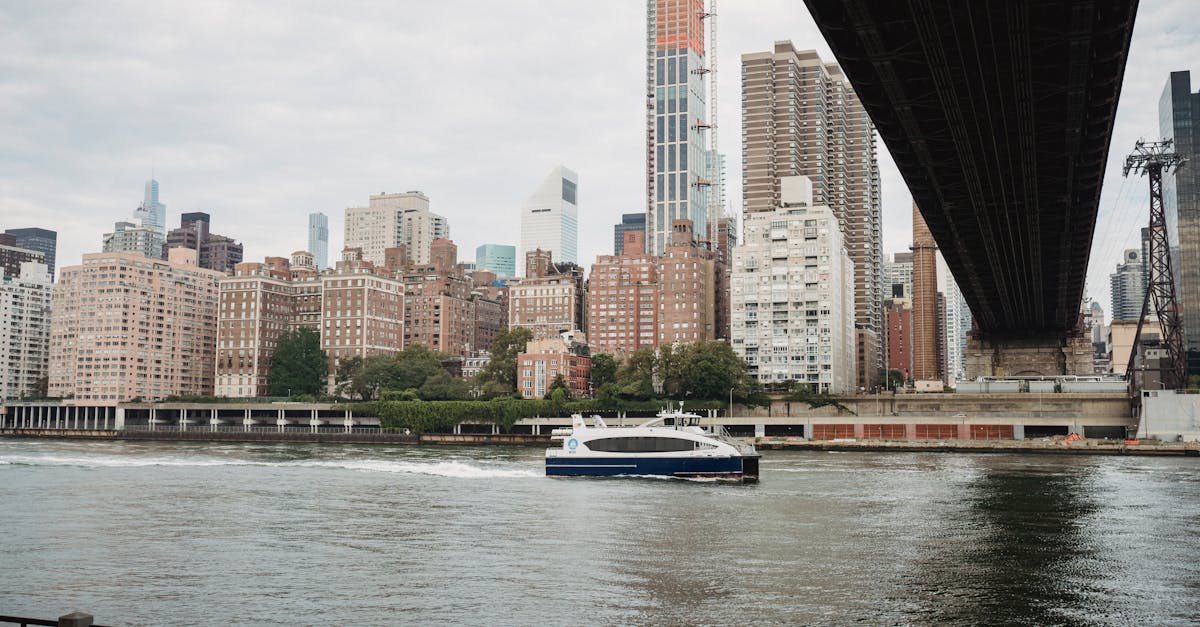The enhanced accommodation unit (UHR) represents a tailored response to the specific needs of elderly individuals suffering from cognitive disorders, including Alzheimer’s disease. By integrating a secure environment and personalized care, the UHR ensures quality support, allowing residents to stabilize their psychological state. These structures play an essential role in addressing the challenges of an aging population and disruptive behaviors that make it difficult to stay in conventional establishments. Thus, understanding the issues associated with the UHR is crucial for improving the quality of life for suffering seniors.
An enhanced accommodation unit (UHR) is a specific structure designed to accommodate elderly individuals with cognitive disorders, typically related to diseases such as Alzheimer’s disease or other related conditions. These units provide an adapted environment for individuals who require continuous medical support, especially due to severe behavioral disturbances that disrupt their daily lives and safety.
Unlike adapted activity and care centers (PASA), which focus on daytime activities, UHRs offer support around the clock, allowing monitoring both at night and during the day. Generally, these units host between 12 and 14 residents, thereby creating a more intimate and structured environment.
Within the framework of a UHR, several types of support are offered. First, accommodation, which takes place in locations designed to ensure optimal safety. Next, care, including medical and paramedical interventions by teams of professionals specifically trained to manage behavioral disorders. These teams include nurses, psychologists, coordinating physicians, as well as nursing assistants. Therapeutic workshops and social activities, whether individual or collective, are also integrated to enrich the daily lives of residents.
The admission process to a UHR follows well-defined criteria. The decision is made upon the recommendation of the coordinating physician of the EHPAD and must be validated by the resident’s treating physician. Prior to admission, an accurate diagnosis of disorders must be established, often using standardized assessment scales. This ensures that the support is genuinely tailored to the person’s needs.
Another essential aspect of UHRs is their architectural design. The places are conceived to reduce anxiety and agitation. They offer open and bright spaces, with smooth circulations to avoid any feeling of confinement. Surveillance devices are discreet but effective, ensuring the safety of residents while maintaining a serene atmosphere.
The UHRs aim to specifically address the behavioral disorders of residents. Individuals admitted to these units are often there for temporary stays, generally up to three months renewable, with the objective of stabilizing their psychological state and potentially allowing their reintegration into a more open environment, such as a standard Alzheimer’s unit or a non-enhanced EHPAD.
It is also essential that families remain involved in the care pathway of their loved ones. Their participation in the support project is encouraged, thus fostering a constructive dialogue with the care team. This contributes to emotional continuity and a better understanding of the residents’ reactions and behaviors.
It should be emphasized that admission to a UHR should never be perceived as a form of isolation, but rather as a care measure. This type of support aims to provide a welcoming, secure, and calming framework. UHRs are subject to strict criteria for operation, regulated by health authorities to ensure an optimal level of quality and safety.
In practice, UHRs prove to be key structures in the landscape of the silver economy, addressing a dual public health challenge: providing adequate support to elderly individuals while alleviating pressure on traditional health services. In summary, understanding the UHR proves essential for grasping the issues of supporting elderly individuals in situations of cognitive dependency.

FAQ about the Enhanced Accommodation Unit
What is a UHR? A UHR (enhanced accommodation unit) is a space arranged in an EHPAD intended to host elderly people suffering from Alzheimer’s disease or other diseases causing significant behavioral disorders.
What type of support does a UHR offer? The UHR provides accommodation, medical care, as well as adapted social and therapeutic activities, all ensured by a team of qualified professionals.
Who can be admitted to a UHR? A UHR can accommodate individuals living at home, coming from another establishment or from the EHPAD where it is located, based on medical advice and with the patient’s consent.
What is the objective of admission to a UHR? The goal is to stabilize the psychological state of residents so that, when possible, they can reintegrate a more open living environment.
How is daily life organized in a UHR? The day in a UHR is structured around care moments, therapeutic activities, meals, and rest time, respecting the rhythms of the residents.
What is the role of families in a UHR? Families are encouraged to participate in the support project, which fosters an emotional bond and a better understanding of residents’ behaviors.
What are the ethical issues related to admission to a UHR? Admitting a resident to a UHR requires precise assessment of needs and aims to offer a soothing and protective environment rather than isolating the person.
How is the UHR regulated? UHRs are integrated into medical-social establishments and must comply with strict criteria imposed by regional health agencies, ensuring optimal quality of care.











